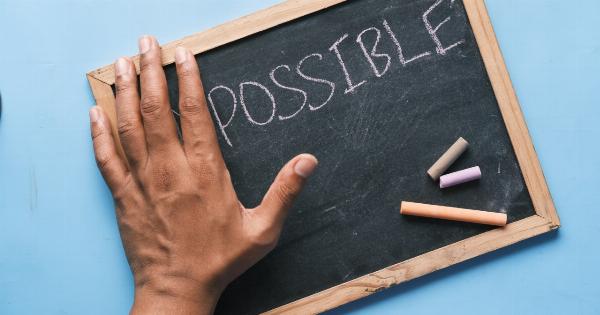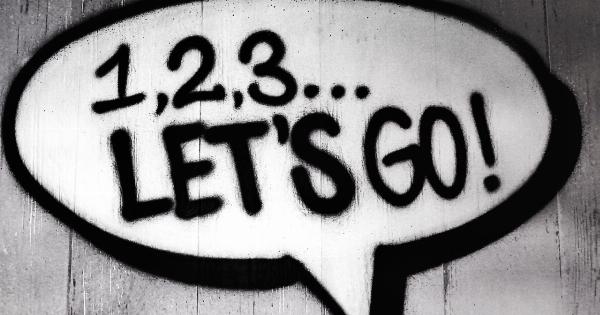Decision-making is an integral part of our daily lives. From choosing what to wear in the morning to deciding which car to buy or where to invest our money, we make numerous decisions every day. However, not all decisions are created equal.
Some decisions are simple and straightforward, while others are complex and require careful consideration.
Understanding the psychology of decision-making can help us make better choices and navigate complex situations with ease.
In this article, we will explore the various factors that influence decision-making and how we can use this knowledge to our advantage.
The Science Behind Decision-Making
The science of decision-making is a complex and multifaceted field that has been studied for centuries. In recent years, advances in neuroscience and psychology have allowed researchers to gain a better understanding of how our brains make decisions.
According to research, there are two types of decision-making: intuitive and analytical.
Intuitive decision-making relies on our gut instincts and emotional responses, while analytical decision-making involves careful analysis and consideration of available information.
While both types of decision-making are useful in different situations, studies have shown that analytical decision-making tends to be more accurate and reliable.
When we take the time to analyze the available information and weigh the pros and cons of each option, we are more likely to make informed and effective decisions.
The Role of Emotions in Decision-Making
While analytical decision-making is important, emotions also play a significant role in our decision-making processes.
Our emotions can have a powerful effect on the choices we make, sometimes leading us to make decisions that are not in our best interests.
For example, we may be more likely to make impulsive decisions when we are feeling stressed, anxious, or overwhelmed.
In these situations, our emotions can cloud our judgment and cause us to overlook important information or consider options that are not in our best interests.
On the other hand, positive emotions can also influence decision-making in a positive way. When we are feeling happy and optimistic, we are more likely to consider a broader range of options and make decisions that are aligned with our long-term goals.
Cognitive Biases and Decision-Making
Cognitive biases are another important factor that influences our decision-making processes. Cognitive biases are mental shortcuts that our brains use to simplify complex information and make decisions more quickly.
While these shortcuts can be helpful in some situations, they can also lead us to make biased and inaccurate decisions.
For example, confirmation bias is a cognitive bias that causes us to seek out information that confirms our existing beliefs and overlook information that contradicts them.
This can lead us to make decisions based on limited or inaccurate information, which can have negative consequences in the long run.
Other common cognitive biases that can influence decision-making include the availability heuristic (where we make decisions based on information that is most readily available to us) and the anchoring bias (where we rely too heavily on the first piece of information we receive when making decisions).
The Impact of Decision-Making on Our Lives
The decisions we make can have a significant impact on our lives, both in the short-term and the long-term.
Small decisions, such as what to eat for breakfast or what route to take to work, may seem insignificant, but they can set the tone for our entire day and have an impact on our mood and productivity.
On the other hand, major decisions, such as whether to accept a job offer or end a relationship, can have far-reaching consequences that can affect our lives for years to come.
By understanding the psychology of decision-making, we can make more informed and effective decisions that are aligned with our long-term goals and values.
How to Make Better Decisions
Making better decisions requires a combination of analytical thinking, emotional awareness, and self-reflection. Here are some strategies that can help you make more informed and effective decisions:.
1. Analyze the available information.
When making important decisions, it’s important to gather as much information as possible and carefully analyze the pros and cons of each option.
Consider the short-term and long-term consequences of each choice and how they align with your values and goals.
2. Consider your emotions.
Emotions can have a powerful effect on our decision-making processes. Take the time to reflect on how you are feeling and how your emotions may be influencing your choices.
Consider whether your emotions are helping or hindering your ability to make an informed decision.
3. Identify and challenge your cognitive biases.
Cognitive biases can lead us to make biased and inaccurate decisions. Identify any biases that may be influencing your decisions and challenge them by seeking out alternative perspectives and considering all available information.
4. Take a step back and reflect.
When faced with a difficult decision, it can be helpful to step back and reflect. Take a break from the decision-making process and allow yourself time and space to think things through.
Consider seeking the advice of trusted friends or family members who can offer an objective perspective.
5. Trust your instincts.
While analytical thinking is important, it’s also important to trust your instincts. Sometimes, our gut instincts can provide valuable insights and help us make better decisions.
Listen to your intuition and consider how your choices align with your values and goals.
Conclusion
Decision-making is an important part of our daily lives. By understanding the psychology of decision-making and taking a more analytical and self-aware approach, we can make better decisions that are aligned with our long-term goals and values.































